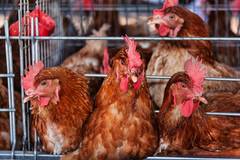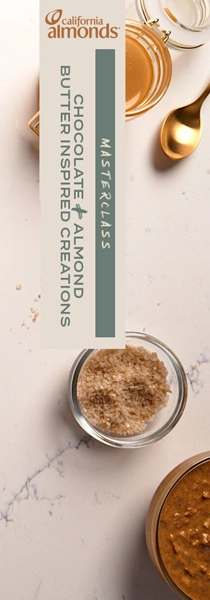
- Industry news
Industry news
- Category news
Category news
- Reports
- Key trends
- Multimedia
- Journal
- Events
- Suppliers
- Home
- Industry news
Industry news
- Category news
Category news
- Reports
- Key trends
- Multimedia
- Events
- Suppliers
EU-Ukraine trade deal pushes for higher animal protection legal standards
Key takeaways
- The EU-Ukraine trade deal now ties reduced tariffs to higher animal welfare standards, including alignment on issues like caged hens, pesticides, and veterinary medicines.
- Ukraine must phase out practices such as battery cages for laying hens, still common in its egg industry.
- The EU emphasizes implementation on the ground as Ukraine progresses toward EU membership, with animal welfare now part of broader EU financial and policy commitments.

Yesterday, the European Council adopted a decision on the position that the EU will take to ensure higher animal welfare standards in Ukraine and the reduction or elimination of customs duties for agri-food products including dairy, fresh fruit and vegetables, meat, and meat preparations.
Aligning animal welfare standards is now a key condition in the revised EU-Ukraine trade agreement, known as the EU-Ukraine Deep and Comprehensive Free Trade Area (DCFTA).
The European Council has agreed to enhance trade flows between the EU and Ukraine, while ensuring that Ukraine makes moves to align various agri-food policies with EU production standards.
Animal welfare pledges
Some of the key issues are animal welfare, pesticides, and veterinary medicines.

Eurogroup for Animals, which represents over 100 animal protection organizations in most EU member states, welcomes the decision to include higher animal welfare standards, such as cracking down on caged hens.
Laying hen farms using battery cages were banned in the EU in 2012, but this is not the case in Ukraine, where this practice — which causes severe welfare issues as hens are confined in extremely tight spaces and barely able to move — still happens.
Meanwhile, EU consumers continue to back the “End the Cage Age” campaign, which calls for eliminating hens in cages.
“It is positive that the EU and Ukraine have reiterated the need to align animal welfare standards. Without Ukraine transitioning to the EU standards, we risk a two-speed Europe instead of a race to the top. Beyond legislative acts, we call on the EU to cooperate with Ukraine to see progress on the ground as soon as possible,” says Stephanie Ghislain, head of advocacy at Eurogroup for Animals.
In 2024, almost half of all the EU’s imported eggs and egg products came from Ukraine, where it is still legal to produce eggs in battery cages. Ukraine is also the largest foreign egg supplier in the UK.
The country’s chicken meat trade is also significant, as it has established itself among the EU’s top three suppliers.
A statement from the European Council says that as Ukraine advances toward EU membership, “implementing standards on the ground remains crucial.”
“Pushing for implementation of EU animal welfare standards in Ukraine is also coherent with other EU policies, such as the Ukraine Facility Regulation, which covers financial aid for Ukraine’s reconstruction and recognizes animal welfare as one of its objectives.”












